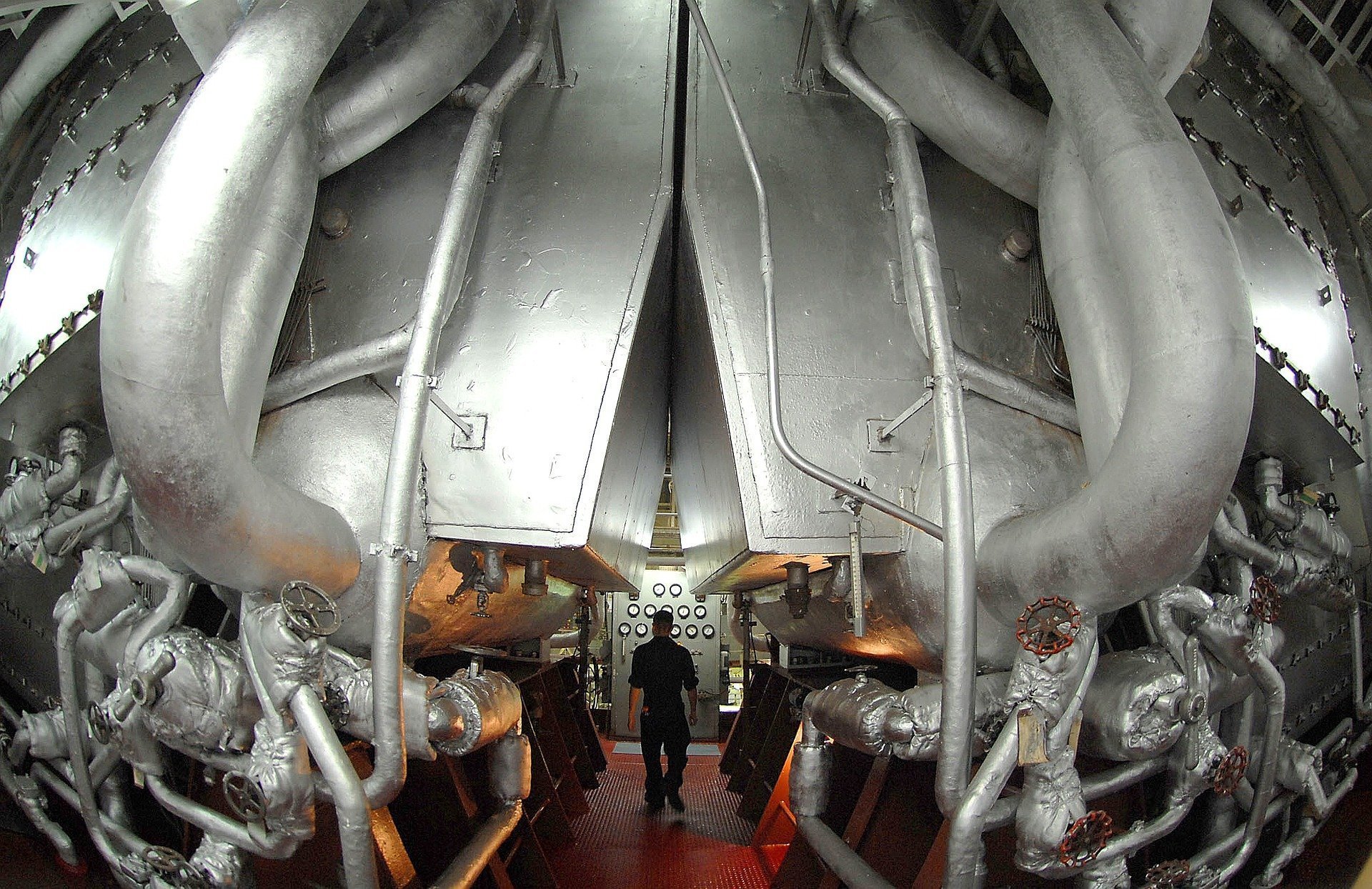Marine Fuel Management (MFM) is a crucial practice for any boat or ship owner who wishes to reduce costs, increase operational efficiency, and monitor environmental impact. In today’s world, where the costs of marine fuel are rising and there is growing governmental pressure to reduce marine pollution, MFM has become even more important.
MFM is a multi-level approach to measuring, monitoring, and reporting fuel usage on boats and ships. It can be broken down into three main functional areas, each of which plays a crucial role in achieving the goals of MFM: operational performance, engineering and maintenance management, and management oversight.
Operational Performance
Operational Performance is one of the functional areas that impact the actual performance of a vessel or fleet. Fuel monitoring, inventory control, accounting, and engine throttle management are all important aspects of operational performance.
Fuel monitoring allows for the measurement and monitoring of fuel usage while underway. The optimum system onboard would include the ability to instantaneously monitor fuel burn rates from the wheelhouse. Individual engine and generator burn rates would be included, as well as fuel tank levels. This proactive monitoring would allow the crew to make decisions that positively impact fuel burn rates and efficiency.
Inventory control involves continuously monitoring fuel tank levels as fuel is taken onboard and burned by engines and generators. This level of control is important because periodically measuring tank levels using traditional manual methods is not accurate enough or timely, given the volumes of fuel that a marine engine can consume. Flow meters or gauges should be installed on transfer lines where fuel is taken onboard or off-loaded.
Accounting is important to prevent fuel theft, which is a concern in some parts of the world. Flow meters should be installed in all fuel transfer lines so accurate fueling data can be captured. This data can then be compared with burn rates to determine whether fuel is being transferred off the vessel secretively. Additionally, accounting for fuel usage at various points along a voyage provides the ability to tie fuel burn and its associated costs to shipping or container rates. Understanding how a vessel burns fuel on certain parts of a voyage allows the more accurate bidding of container rates so that profit margins stay healthy. Varying shipping rates based on documented fuel usage rates allows a shipper to bid more aggressively.
Engineering and Maintenance Management
Engine throttle management is critical for vessel operators to have the most control over fuel usage. Wind, current, hull condition, load, and propulsion system health can all impact fuel burn both positively or negatively. Some operators choose to lower engine speed, and hence vessel speed, in an attempt to save fuel. However, engine RPM and vessel speed alone are not indicative of total fuel consumption, so arbitrarily lowering engine speed does not guarantee fuel savings. One must do the workflow calculations on how the propulsion system is operating under existing changing conditions and then tie that to fuel consumption. Simply lowering engine RPM does not guarantee an optimum vessel speed setting based on conditions. Some modern fuel management systems are designed to perform calculations while underway and make recommendations to the vessel master.
Engineering and Maintenance Management support proper maintenance on marine engines and generators by using the actual fuel burned or hours operated as the basis for performing maintenance routines. This condition-based maintenance program more accurately reflects the operating environment of the engine and reduces unnecessary maintenance work.
Management Oversight
Management Oversight is the third functional area of MFM. It involves monitoring and analyzing data to ensure that MFM is being implemented effectively. Management oversight can be broken down into three subcategories: financial management, environmental management, and regulatory compliance management.
Financial management involves tracking fuel consumption and costs to ensure that the vessel or fleet is operating efficiently. Environmental management involves monitoring fuel usage to ensure that the environmental impact is minimized. Regulatory compliance management involves ensuring that all relevant regulations and laws are being followed.
MFM is a crucial tool for any fleet owner to reduce costs, improve efficiency, and monitor environmental impact. Without a clear understanding of how fuel is being used, there is no operational baseline from which to compare any kind of fuel conservation tool or activity. MFM allows a fleet owner to track actual fuel consumption and relate fuel consumption to the work performed by the vessel. It supports the analysis of the effectiveness of operating strategies and helps develop a clearer understanding of how well a vessel uses its fuel.
In conclusion, MFM is not only a cost-saving tool but also a tool for environmental protection. As the cost of marine fuel continues to rise and the need for reducing marine pollution becomes more urgent, the importance of MFM cannot be overemphasized. It is a multi-level approach that covers operational performance, engineering and maintenance management, and management oversight. With MFM, fleet owners can reduce costs, improve efficiency, and monitor environmental impact. Adopting MFM should be a top priority for any vessel owner looking to navigate the changing and challenging waters of the 21st century

